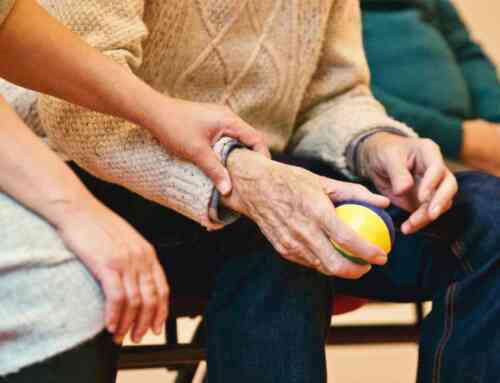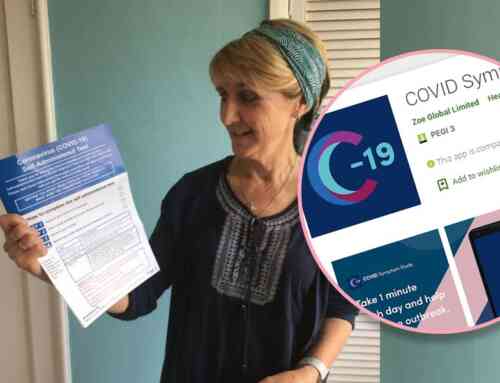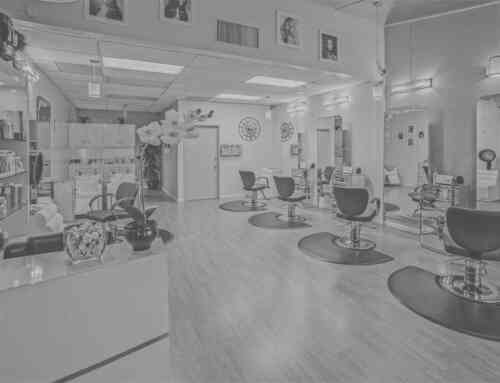By Duncan Collet-Fenson, Audiologist & MD of Aston Hearing
Diabetes & Hearing Loss
According to recent studies people with diabetes are over three times more likely to have a hearing problem than those who do not have the disease, yet hearing loss is only just coming under the spotlight as a recognised complication of diabetes.
Globally, an estimated 422 million adults were living with diabetes in 2014, compared to 108 million in 1980 as a result in a huge growth of type two diabetes cause by poor diet and lifestyle.
Hearing loss is associated with depression and functional loss and it is vital that diabetics should have their hearing tested as part of their diabetes management programme to implement preventive health and hearing conservation strategies. This is not something that is routinely done yet for diabetics.
Types of Hearing Loss?
The term hearing loss refers to a partial or total inability to hear and affects approximately 1 in 6 people in the UK. This can be due to damage to the inner ear where sensitive hair cells of the cochlea transmit nerve impulses to the hearing centre of the brain (sensorineural hearing loss), or impairment caused by a blockage or infection of the middle ear that prevents sounds being conducted to the inner ear (conductive hearing loss).
The type and severity of the hearing loss can be determined by an audiologist who will examine the ear and perform a hearing test. If it is wax that is affecting your hearing, then this should be removed professionally by micro-suction due to the increased risk of infection with irrigation techniques if you are diabetic.
How Does Diabetes Cause Hearing Loss?
Recent studies suggest there is a strong association between diabetes and hearing loss and is a common complication of both Type 1 and Type 2 diabetes. It is thought that prolonged high glucose levels characteristic of diabetes causes damage to the tiny blood vessels of the inner ear, disrupting sound perception. Over time this leads to degeneration and hearing loss.
What Are The Signs Of Hearing Loss & What Should You Do?
The signs may be gradual and not noticed straight away. You may…
- Find it hard to hear people clearly
- Keep asking people to repeat what they have said
- Have difficulty using the telephone or hearing the doorbell
- Turn the volume of the radio or TV up high.
If you identify these early signs of hearing loss, then treatment can be lot more effective. The first stage of treatment is to seek the advice of an audiologist, privately or via a GP referral.
If you ever notice a very rapid, unexplained loss of hearing then you should take immediate action and see a private audiologist for an emergency hearing test within 24 hours as you may have experienced a Sudden Sensorineural Hearing Loss (SSHL) which requires urgent treatment at A&E and is a medical emergency. If you are unable to get a hearing test then go straight to A&E.
What Is The Treatment?
If you have diabetes and hearing loss is confirmed, after wax removal where appropriate, the next treatment option is to have a hearing aid fitted. An audiologist will advise you on the best hearing technology to suit your needs and lifestyle. Further treatment will focus on lowering your blood glucose levels to help prevent further deterioration in your hearing.
What Else Can You Do As A Diabetic To Protect Your Hearing?
- Having good blood sugar control through diet, and if needed through medication, will give your hearing the best possible chance. Regular exercise and being a healthy weight will help with regular blood flow including to your ears!
- Get a Baseline – If you have diabetes, request to get a baseline measurement of your hearing and then get your hearing tested annually. If you suffer from any hearing loss, the sooner you deal with it the better the outcome. Request specialist help as soon as possible.
- Turn down the volume on personal electronic devices which you use with headphones and protect your hearing at work if necessary. Excessive noise can increase the risk of hearing loss.





